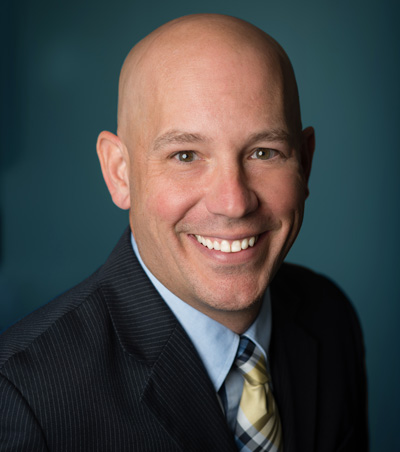I will never forget my oldest daughter’s 13th birthday. That’s because it was the saddest day of my life. I went to her school to take her out for a surprise birthday lunch. I checked in at the school office and they gave me a pass to pick her up in the cafeteria.
There is a steady rumble you get from a middle school lunchroom filled with more than 300 hungry, hyped up-kids that is overwhelming. I scanned the chaos for my daughter but couldn’t find her at any of the tables or in the groups standing along the windows. It wasn’t until I turned to leave that I saw her sitting all alone in a small alcove with her head down and lunch balanced on her lap.
My daughter has high-functioning autism. She is an excellent student but has always struggled socially. By the time she turned 13 she had been in therapy for a few years and my wife and I believed she was doing much better. She made us believe she was happy.
But I learned that day it was just a mask. A wall a scared little girl had built around her because kids at school excluded her from group projects, didn’t invite her to social events, told her to leave their table, and refused to be her friend. And because she thought she was the problem, that she was doing something wrong, she told us things were fine and that she really enjoyed school.
She was excluded. She felt alone. It broke my soul.
 As a dad, I wanted so desperately to protect her, to somehow solve this problem for her. But as I learned more about her diagnosis, talked with my daughter and her therapists, I realized there was no problem here to solve. It was all about helping her develop her social skills and empowering her to not just fit in to society, but to find her niche and thrive within it.
As a dad, I wanted so desperately to protect her, to somehow solve this problem for her. But as I learned more about her diagnosis, talked with my daughter and her therapists, I realized there was no problem here to solve. It was all about helping her develop her social skills and empowering her to not just fit in to society, but to find her niche and thrive within it.
I have the phrase “different not less” tattooed on my arm. It is a reminder that even though someone may think, act, or process information differently—it doesn’t make them any less deserving of love, respect, and opportunity.
That is why I think diversity and inclusion programs, like those implemented by the winners of Nareit’s Dividends Through Diversity & Inclusion Recognition Awards, are so important. It is easy to be cynical or look for flaws in these types of programs, but the fact that they address a problem widespread in corporate America and demonstrate actionable ways to help advance solutions is commendable.
The awareness of how important and valuable diversity and inclusion are to an organization and society is growing. But awareness is only the first step and must be followed by continuous and escalating steps of improvement. The goal is that everyone, including my daughter, can eventually take a seat at whatever table they want.